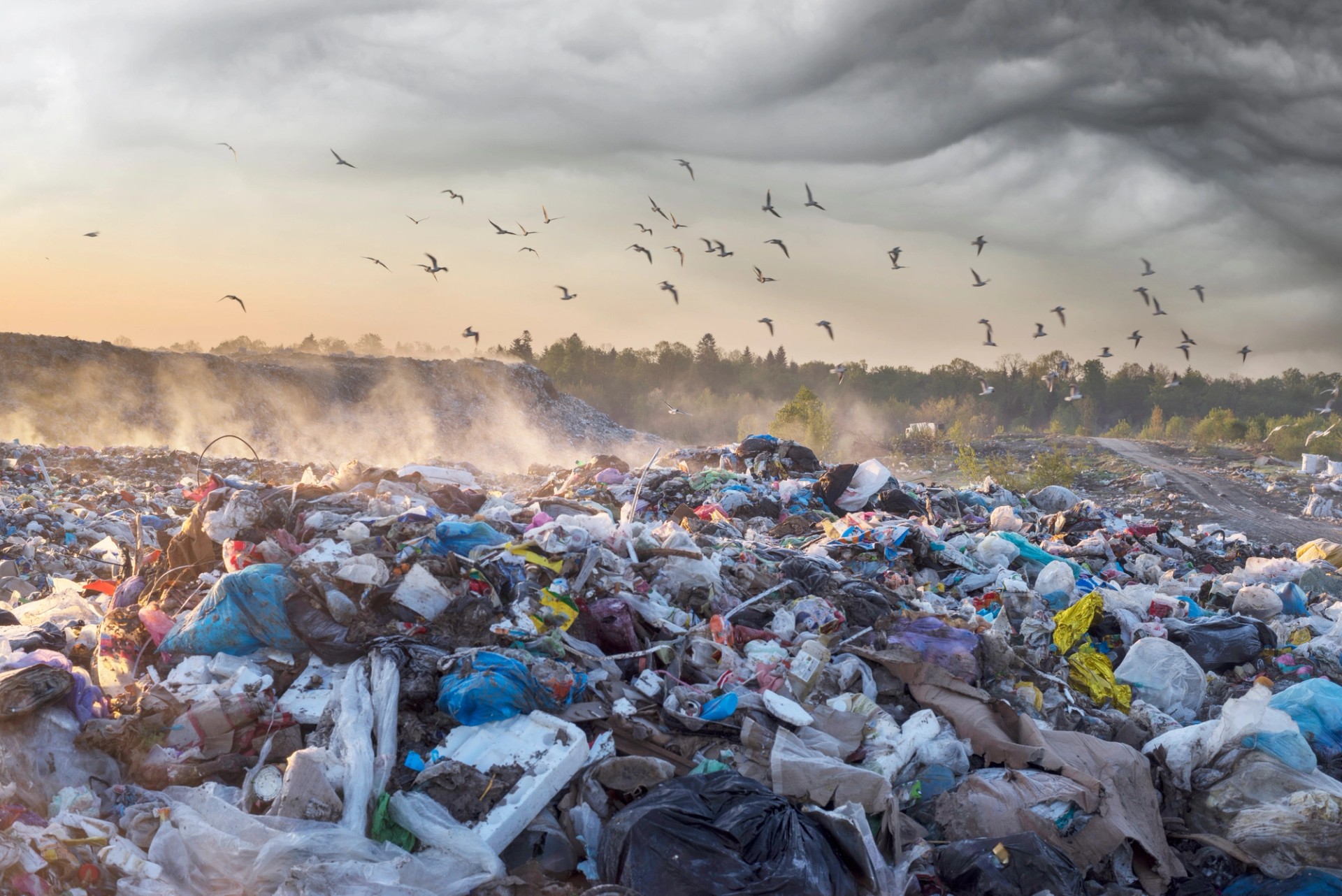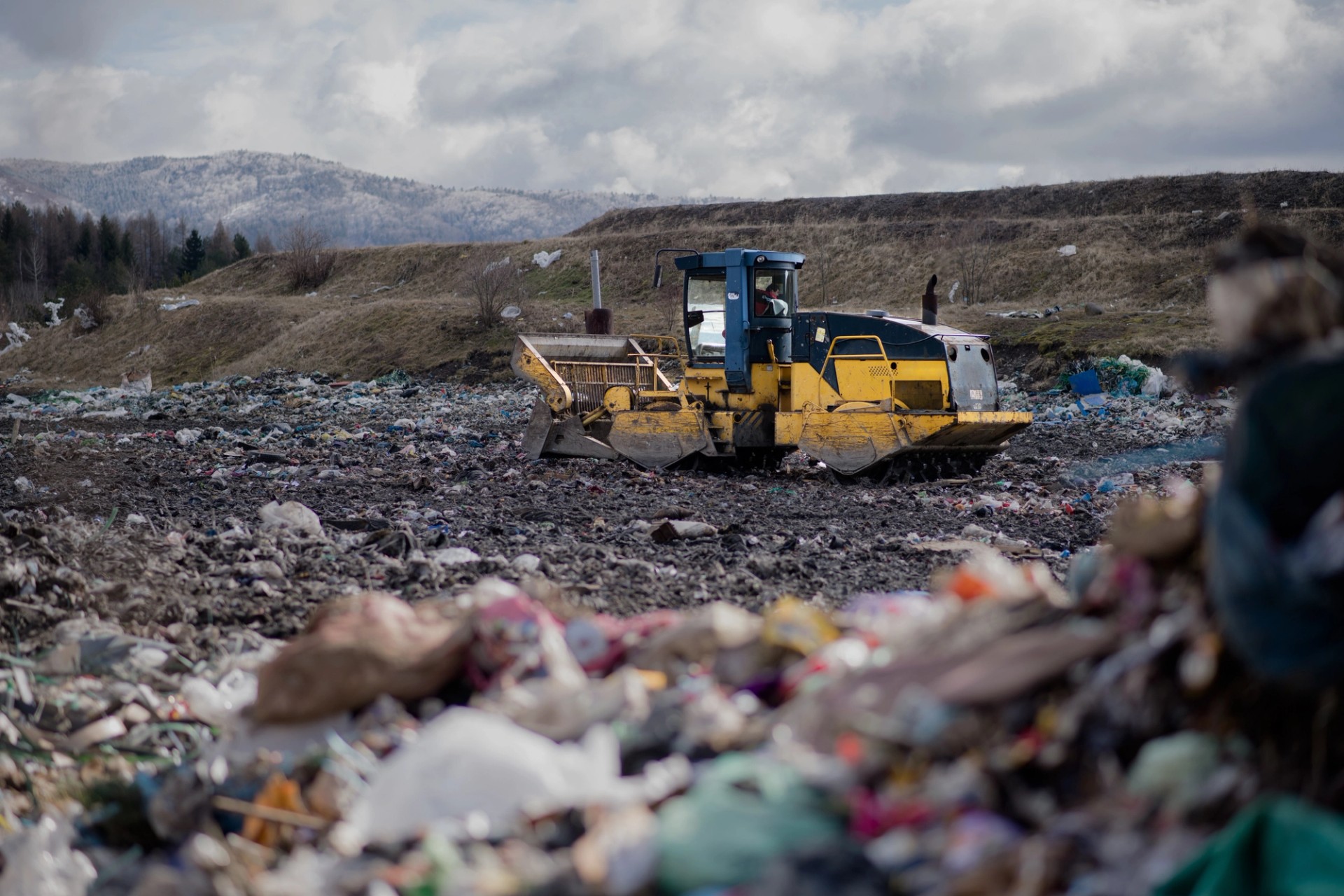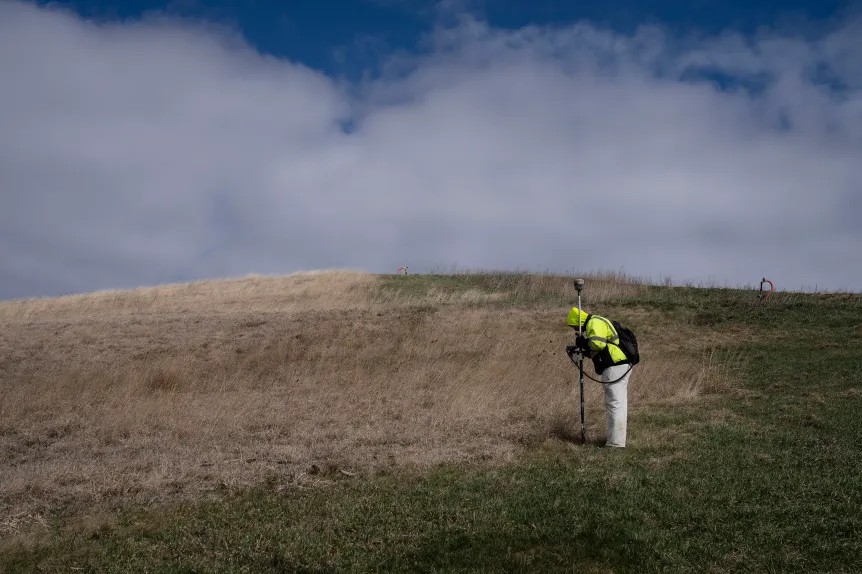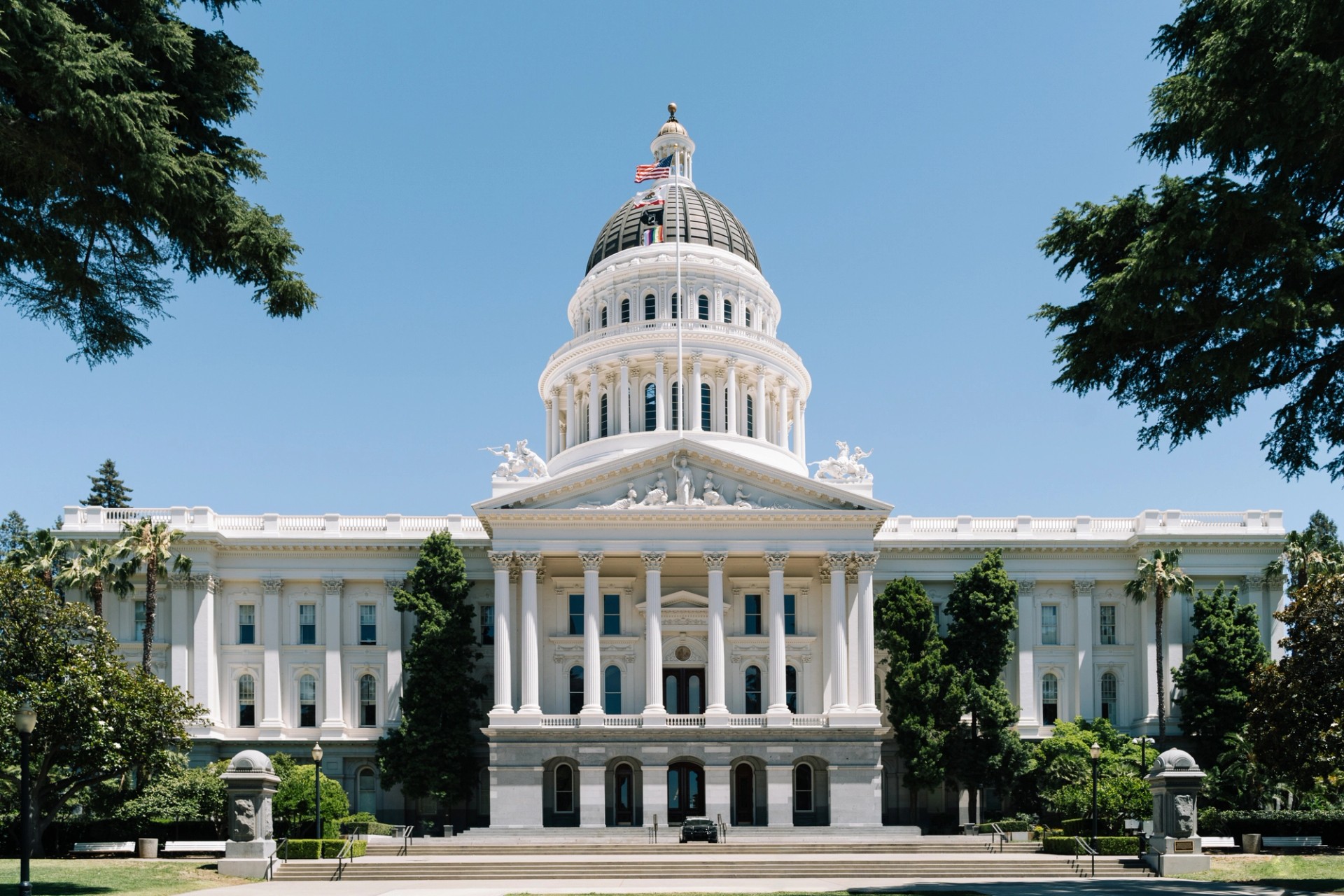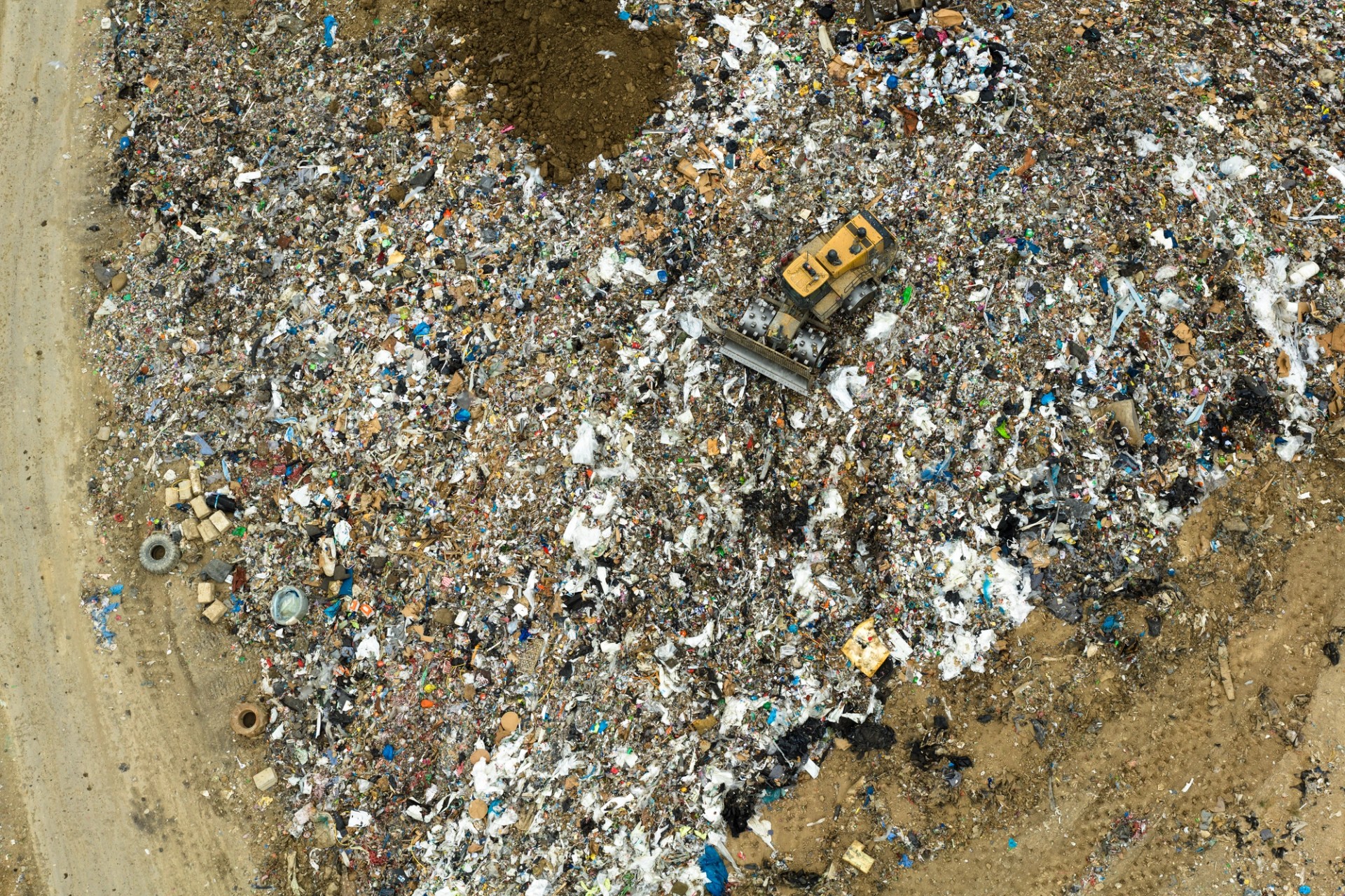Overview
In July 2025, the Industrious Labs circular economy campaign spun off to become Full Circle Future: a new, independent organization dedicated to solving the nation’s organic waste crisis. Learn more about Full Circle Future and its launch. Our communities, natural environment and our economy are under threat by an extractive “take-make-waste” economy. While much of Industrious Labs’ work focuses on the start of a product’s life — how we produce materials like aluminum, cement, or steel — it is critical to prioritize the end of a product’s life. The reality is that we waste far too much, and we emit an extraordinary amount of pollution through harmful production and disposal, including methane from organics decomposition in landfills.
Our entry point to circularity is the landfill. The United States has a big waste problem. Landfills all across the country are causing massive amounts of global warming through methane — a gas that is about 80 times more potent than carbon dioxide in the short term. According to the U.S. EPA, municipal landfills emit approximately 287 million metric tons of carbon dioxide equivalent of methane per year. That's the same climate impact as running 74 coal-fired power plants.
In addition to immediately and dramatically warming the climate, landfills are harmful to the health and safety of the people who live near them. Communities located near landfills experience headaches, eye and throat irritation, and drinking water contamination — and not all communities experience these impacts proportionally. More than half of landfills reporting to the Greenhouse Gas Reporting Program are surrounded by communities that have a higher percent of residents who are people of color or considered low-income residents than the national average.
Chart: Landfill emissions contribution to industrial greenhouse gas pollution, globally

Landfills emit potent methane emissions. While industrial emissions accounted for 24% of total greenhouse gas emissions, landfills contribute 8% of industry’s share. Date source: IPCC Sixth Assessment, Industrious Labs.
US landfills
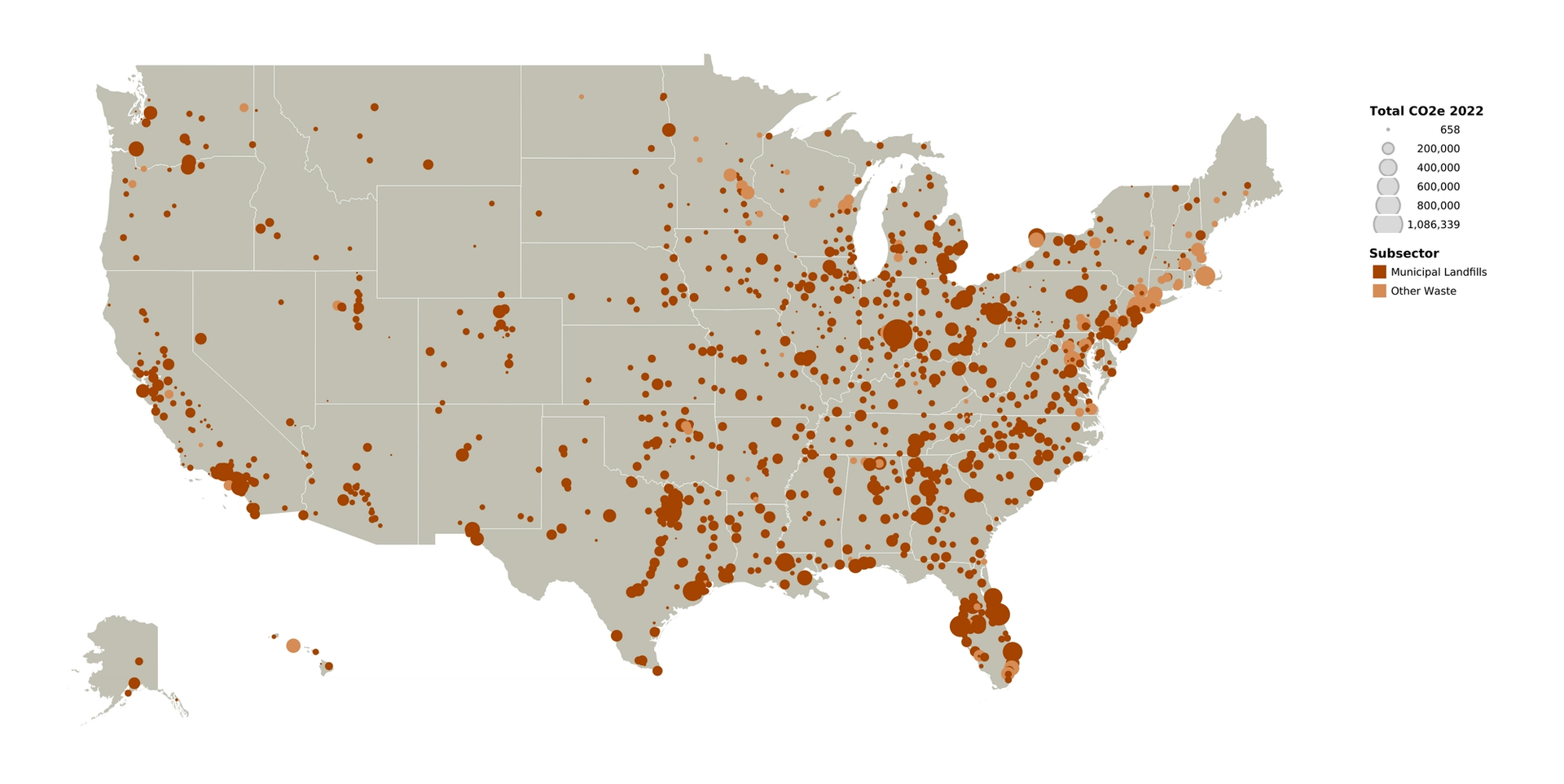
Methane pollution from landfills is widely understood to be underreported by up to 5x. Though reported to be roughly equivalent, landfill methane emissions almost certainly exceed emissions from methane leakage at upstream oil and gas sites.
To learn more about these smelters, visit our U.S. Industrial Facilities Tracking Tool, here.
Solutions
Big problems need to be met with big solutions, and this is one of the clearest opportunities we have to go big. The next 20 years are vital for meeting global emissions targets, and reducing methane is the most effective way to reduce global warming in the near term. Fortunately, there are already proven policies, practices, and technologies that can bring us closer to the regenerative, circular economy we envision.
First, we must strengthen emissions regulations to keep methane in check. We know that stricter emissions rules can work, because they already are! For example, the Maryland Department of the Environment estimated that their new landfill emissions standards would result in 25-50% reduction in methane emissions. Other states like Oregon and Washington are also leading the way when it comes to curbing methane. Now, we need other states to follow suit.
Second, we have to divert the waste going into landfills and driving methane emissions. While rules to control and capture methane are crucial, it’s also important to prevent additional methane from being created in the first place. That’s why we need scalable solutions to divert organic waste, like food scraps, yard waste, and paper, most of which ends up in landfills. Many local municipalities have made huge strides on initiatives like organics diversion, food donation requirements, and community composting — but to scale their impact nationally, they need federal support, including financial resources dedicated to outreach, education and implementation.
Our work
While the solutions to our major waste problem are well within reach, we know that moving decision-makers takes a winning combination of policy savvy, technical expertise, deep relationships, and people power. Fortunately, Industrious Labs believes that big change is possible and doesn’t back down from our most pressing challenges. We’re leveraging our expertise, partnerships, and resources to:
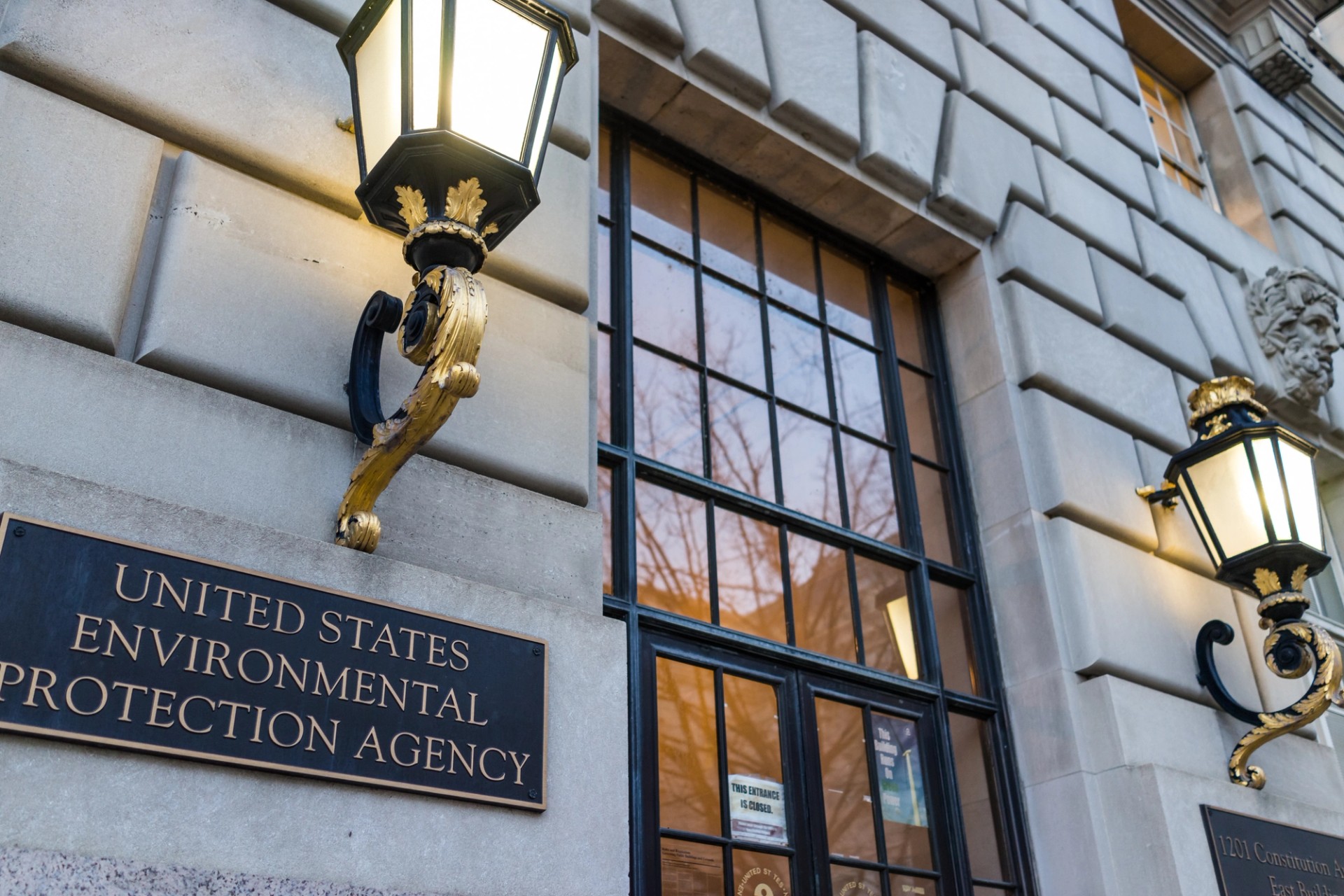
Strengthen regulations
Landfills emissions are well within the authority of state regulatory bodies. The ball is in their court, but they need to know that we’re watching. We're working alongside partners in California, Michigan, Colorado, and New York to push landfill emissions to the top of states' climate to-do lists. We’re also working to build federal champions in both the EPA and Congress, through education and relationship building. Read former EPA Administrator Gina McCarthy’s op-ed Methane from landfills is another climate emergency. Here’s how to fix it.
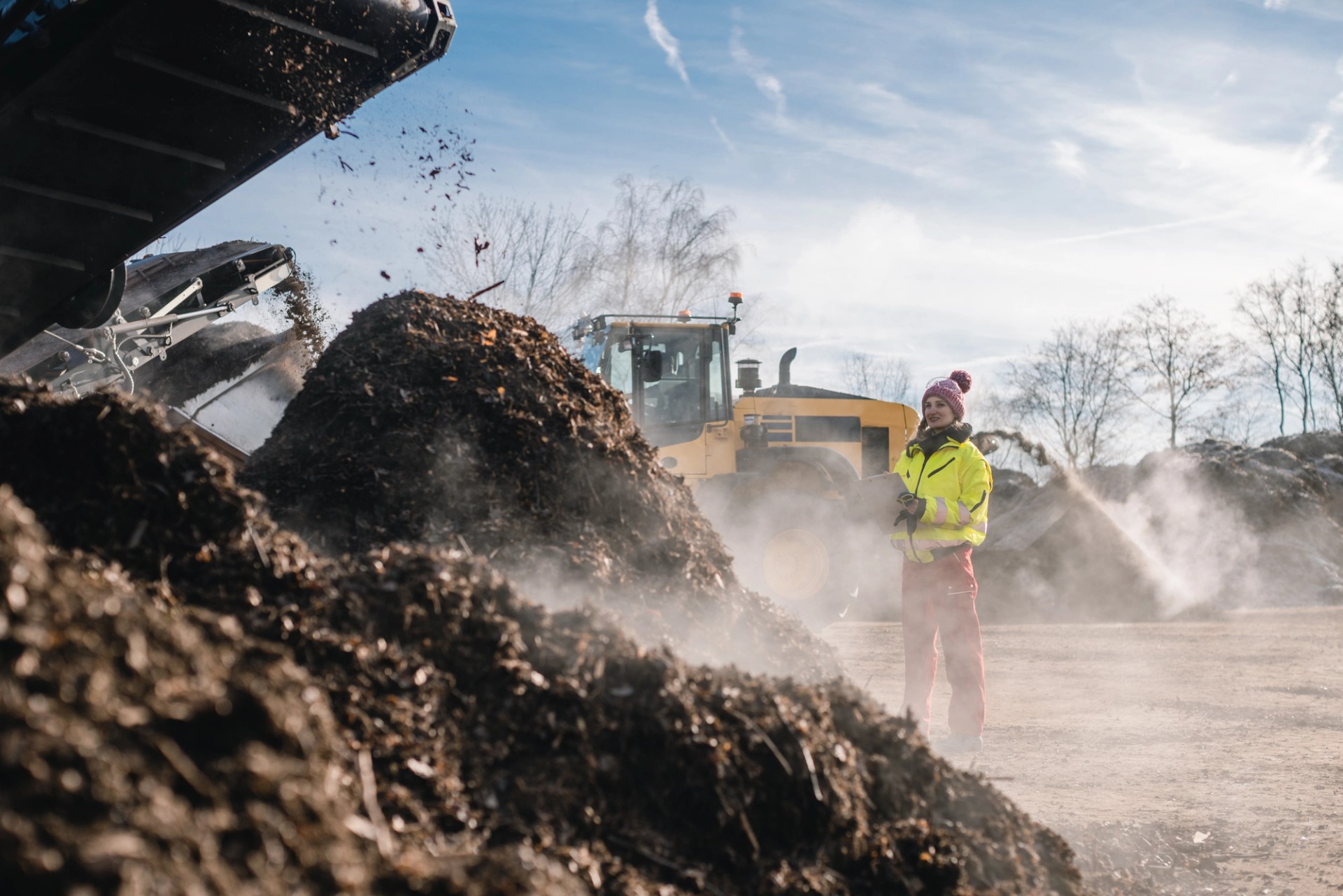
Catalyze state and local leadership
Waste impacts all of us, which is why we need strong, diverse, and unified coalitions mobilized across the country. We’re working side-by-side with state and local partners to catalyze state-level leadership and ensure that frontline organizations have the resources they need to make real change.

Shift narratives
We’re using our winning combination of campaign strategy, data analysis, field building, and communications to work, telling the story of where we need to go and how we get there. Our work isn’t just making headlines across the country; it’s uplifting community voices and helping everyone to understand the real cost of landfill emissions.
“Levels were so high instruments could not measure them.” Read more about one particular landfill’s impact here.




